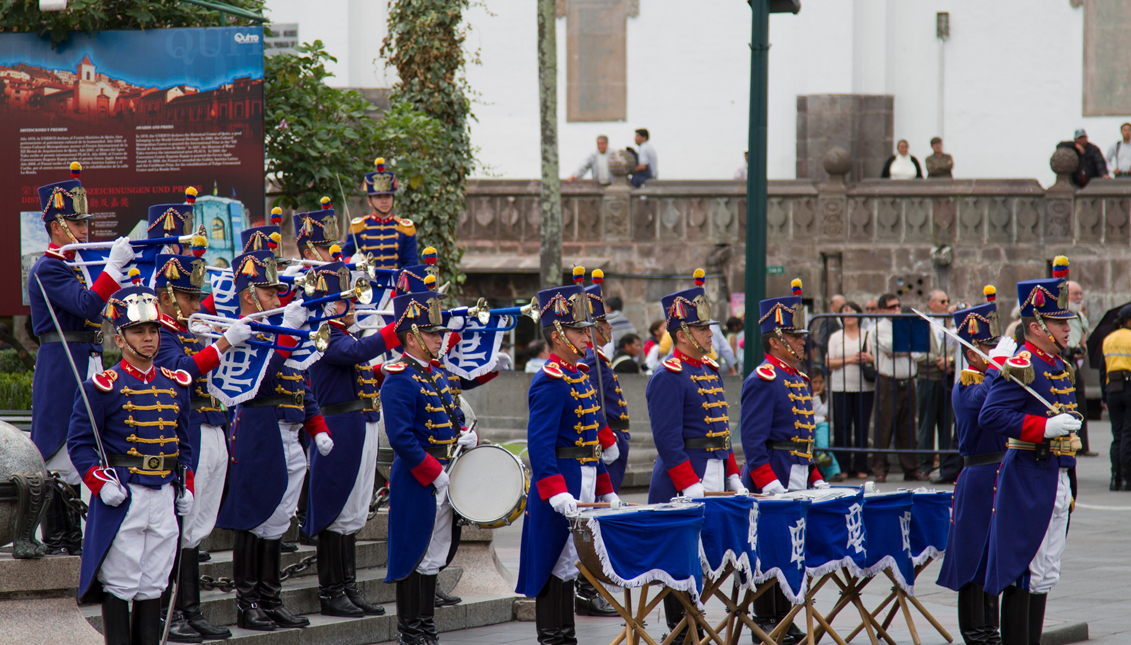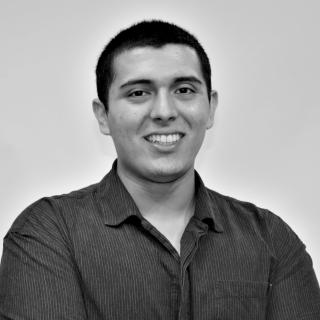
It’s been 211 years since Ecuador demanded independence
Once part of the great Incan Empire, the South American country is now celebrating the day Spaniards declared independence from French rulers in 1809.
Prior to the Spanish expeditions led by Francisco Pizarro in 1533, the land now known as Ecuador was inhabited by the Incas and Cañari.
Incan warriors had only started incorporating Ecuadorian land in 1463 after battles with native groups like the Cañari, who formed around 900 A.D.
The Incas used native Ecuadorian labor to construct roads and buildings and for military service, but they did not have to pay taxes to the empire. This was known as Mit’a in Quechua, the language spoken by most indegeabous tribes in the Andean region.
The Spanish were able to conquer the Incan territories so easily because of how weak the empire was following its civil war.
Huáscar became Sapa Inca (sovereign emperor) after several deaths in his family and he named his brother Atahualpa as the governor of Quito, the modern day capital of Ecuador. Fearing his brother would launch a coup against him, Huáscar declared war on him in 1529.
Atahualpa eventually imprisoned his brother and therefore became the last Sapa Inca in 1532.
When Pizarro’s expedition came, they used Atahualpa to conqueror much of the Incan area and when they killed him, it essentially marked the end of one of Latin America’s greatest empires.
After centuries of Spanish rule, Napoleon tried to take over the Iberian Peninsula in 1808 and on Aug. 10, 1809 Spaniards in Ecuador rebelled against French rule.
This commemorates the first day of declaration of independence for Quito.
That rebellion was crushed in weeks, but the war for independence came in 1820 and the Spanish were finally defeated after the Battle of Pichincha on May 24, 1822.
Ecuador went on to join Gran Colombia, including the territories of Colombia, Venezuela and northern Peru and Brazil, which was formed by General Simón Bolívar who helped several South American countries gain independence.
Ecuador left on May 30, 1830, after members of Gran Colombia favored federalism to the centralized government.
Julio Jaramillio, who lived from 1935 to 1978, is Ecuador’s most acclaimed singer, and is on the same level as José José in Mexico or Frank Sinatra in the U.S..
Known as El Ruiseñor de América (“The Nightingale of the Americas”) he mainly sang boleros and his songs “Nuestro Juramento” and “Odiame” can still be heard in cantinas across Latin America.
Cirrhosis caused by his alcohol plagued his final years and when the city of Guayaquil held a tribute in 1978 for Jaramillo following his death, it is estimated that 250,000 attended.
Antonio Valencia is hailed as his country’s greatest soccer player and currently plays for Liga de Quito in the Ecuadorian Serie A at the age of 35.
The winger and fullback is better known for his days at Manchester United, where he guided them to two Premier League titles and a Europa League in his 10 years at one of England’s largest clubs.
RELATED CONTENT
Rafael Correa, president from 2007 to 2017, is one of the country’s most transformative leaders. He is an economist who campaigned against neoliberalism and the wealthy elite.
While allying closely with Venezuelan president Hugo Chavez, Correa rejected the predatory policies of the International Monetary Fund and World Bank that had trapped the country in debt and this allowed him to invest heavily in social programs and infrastructure.
He currently hosts a show on RT Spanish from his self-imposed exile in Belgium, after his successor and vice president, Lenín Moreno, strayed from his ideology and a judge demanded he return to face charges for the suspicion of kidnapping a political opponent.
Ecuador, which is 109,483 square miles in size, is smaller in size than the U.S. state of Arizona.
It is also the world’s largest exporter of bananas, accounting for about 28.3% of the world supply in 2016. In the same year the South America country sold 215 million tons of the fruit, worth $110 million.
The country of over 17 million also became the first to give nature constitutional rights in 2008.
“Nature or Pacha Mama, where life is reproduced and realized, has the right to have its existence and the maintenance and regeneration of its life cycles, structure, functions and evolutionary processes fully respected,” written in Article 71 of the Ecuadorian Constitution.
With Ecuador using the U.S. dollar, it has made it very easy for American tourists to travel there. The switch happened in 2000, when the government sought to stabilize their currency after the sucre dramatically lost value during an economic crisis in the late 1990’s.
The country has had one female president and she governed for two days. Rosalía Arteaga was the vice president of Abdalá Bucaram but after he was impeached she disputed the presidency with a congressional leader, Fabián Alarcón.
Arteaga was president from Feb. 9 to Feb. 11, 1997, but after Alarcón gained the support of congress and the military, she was forced to resign.











LEAVE A COMMENT:
Join the discussion! Leave a comment.